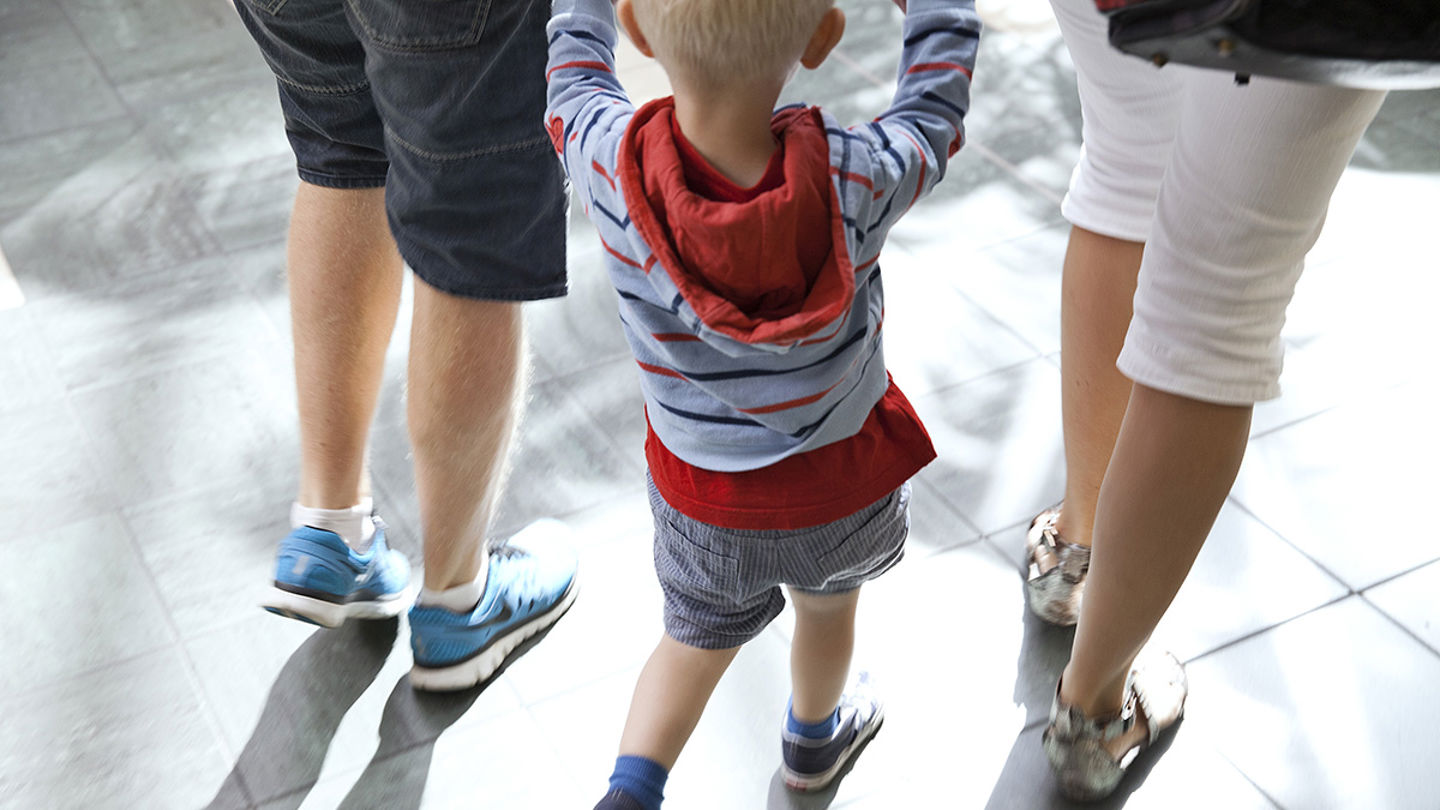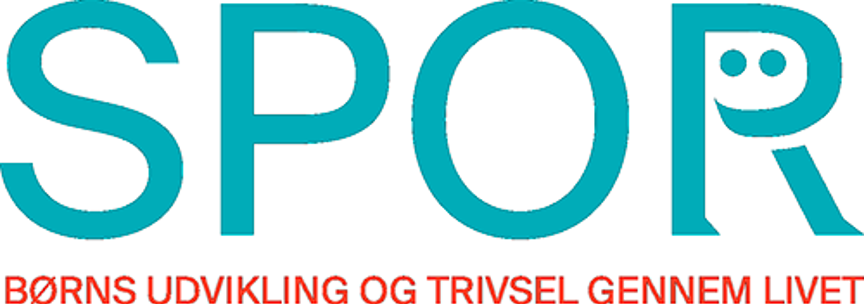Project: SPOR


’SPOR – Children’s development and wellbeing throughout life’ – along with the accompanying research – is a longitudinal study aiming to provide knowledge about the connection between early circumstances in children’s lives and their wellbeing and welfare later in life.
The overall aim of the study is to answer questions such as: How do circumstances early in children’s lives affect their wellbeing and welfare later in life? When do the well-known gaps in children’s abilities appear, which prove so important in school and later in life?
Despite international recognition of Danish registry data, few data exist for studying toddlers’ and pre-school children’s development and wellbeing, and for determining whether they encounter social challenges and social interventions early in life. This makes it difficult to investigate the long-term effects of early interventions and investments in Denmark.
SPOR is a strategic investment aimed at filling this gap in the data on children’s lives. SPOR will improve the ability to acquire:
- Knowledge about (small) Danish children’s development and wellbeing over time
- Knowledge about the connection between circumstances in children’s lives and their wellbeing and welfare later in life
- Knowledge about the impact of circumstances related to children’s daily lives and specific interventions that focus on children’s development and wellbeing – including the impact of interventions targeting vulnerable children and their families.
In SPOR, we expect to follow more than 60,000 children from early childhood to adulthood. Through a web-based questionnaire survey for the parents of the children, we will obtain knowledge about the children’s wellbeing and development (e.g. socio-emotional development and language), as well as their close relationships and daily life at home and in daycare, which constitute an important part of children’s lives.
The first round of the SPOR was conducted between October 2017 and September 2018 and included 52,010 children in three age groups: 9 months, 2 years and 3 years. The second round was carried out between October 2019 and December 2020 and included the now 3, 4 and 5-year-old children, as well as a new cohort of 9-month-old children.
SPOR is funded by the Novo Nordisk Foundation and rate pool funds.
This is a presentation video about SPOR that was made when the project commenced in 2017. Regrettably, the video is in Danish and no subtitles are available.
Publications
The questionnaire survey
The first round of SPOR was conducted in 2017/2018. Statistics Denmark drew a sample of 90,387 children who had turned 9 months, 2 years or 3 years in the previous month, and the parents of those children were invited to participate in the study via the secure electronic mailbox e-Boks. A translation of the first round of the questionnaire is available here.
The second round of SPOR was carried out two years after the first round, from October 2019 and a year forward. The parents from the first round received a new survey, this time the month after their child turned 3, 4 or 5 years. In addition, a new group of parents with children who turned 9 months the previous month was invited to participate.
It takes about half an hour to fill out the survey. It is possible to take a break while filling it out and continue later if necessary.
The questions are about both the child’s and the family’s wellbeing. For instance, the parents answer questions about the child’s social and emotional development, the child’s language and communication, the parents’ wellbeing and the parents’ relationship. The questionnaires are adapted to the child’s age. This means that parents of 9-month-old child and parents of a 5-year-old answer slightly different questions.
As we wish to investigate the children’s development over time, we expect to send out a new survey to the parents in three to four years’ time. The questions will change over time, as the children grow older. We hope to be able to follow the children until they turn 18.
Contact information
Project leader: Senior Researcher Signe Boe Rayce
Senior Researcher Maiken Pontoppidan
Senior Researcher Miriam Wüst
Researcher Jonas Lau-Jensen Hirani
Researcher Anne Toft Hansen
Research Analyst Marianne Mikkelsen
